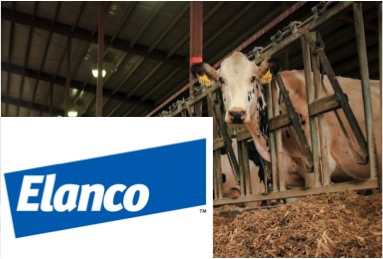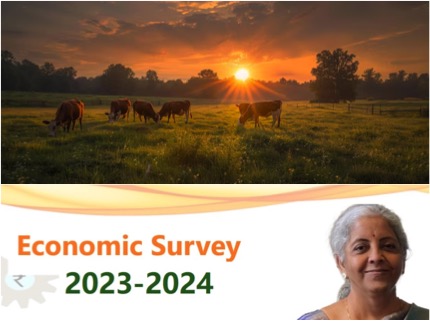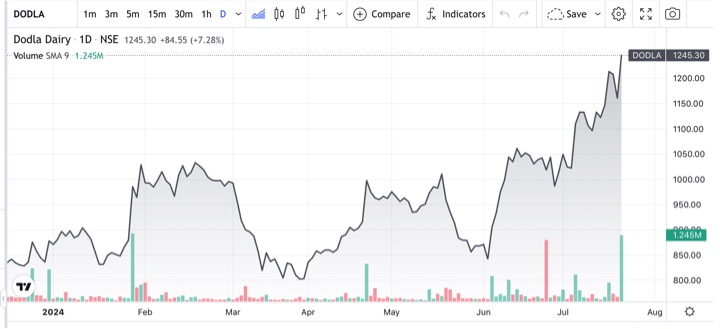Elanco Animal Health Incorporated recently announced that the FDA has completed its comprehensive, multi-year review of Bovaer® (3-NOP), a first-in-class methane-reducing feed ingredient, and determined the product meets safety and efficacy requirements for use in lactating dairy cattle.
According to the company, Bovaer works by suppressing the enzyme in the cow’s rumen that forms methane. Feeding one tablespoon of Bovaer per lactating dairy cow per day can reduce methane emissions by about 30% or about 1.2 metric tons of carbon dioxide equivalent (CO2e) emissions annually while creating an opportunity for dairy farmers to be financially rewarded for reducing their dairy’s carbon footprint. Feeding one million cows, Bovaer would reduce emissions equivalent to removing more than 285,000 cars from the road for a year, Elanco states. Feeding Bovaer to cattle has proven to be safe for animals, producers and consumers.
“This monumental announcement has the ability to accelerate the opportunity for climate-neutral dairy farming while creating a new revenue stream for dairy farmers across the country,” says Jeff Simmons, President and CEO, Elanco Animal Health. “We appreciate FDA’s commitment to maintaining high standards for science-based review, while balancing the need to quickly bring solutions to the market. Bovaer represents another example of Elanco being a partner of choice in animal health, where the capabilities of our talented R&D, regulatory and commercial teams are delivering significant value.”
“The FDA’s approval of Elanco’s Bovaer is another important step on U.S. dairy’s journey toward a net-zero future, one in which dairy farmers have already made great progress,” says Gregg Doud, President and CEO, National Milk Producers Federation. “Bovaer and other new technologies that reduce enteric emissions will help U.S. farmers be rewarded for participating in voluntary, producer-led sustainability initiatives, which is critical for the success of such efforts”
Sustainability experts have also chimed in.
“Reducing enteric methane is critical if we are to reach our climate goals,” said Dr. Frank Mitloehner, CLEAR Center Director and University California Davis Professor and Cooperative Extension Air Quality Specialist. “It’s exciting our farmers will have an important tool to do that, in Bovaer.”
With milk prices lacking, input cost climbing and consumer perception becoming ever more important, Elanco states that feeding Bovaer to cows provides a scalable and credible way for dairy farmers to benefit from being good stewards of the environment while also being financially rewarded for implementing on-farm sustainability interventions.



























